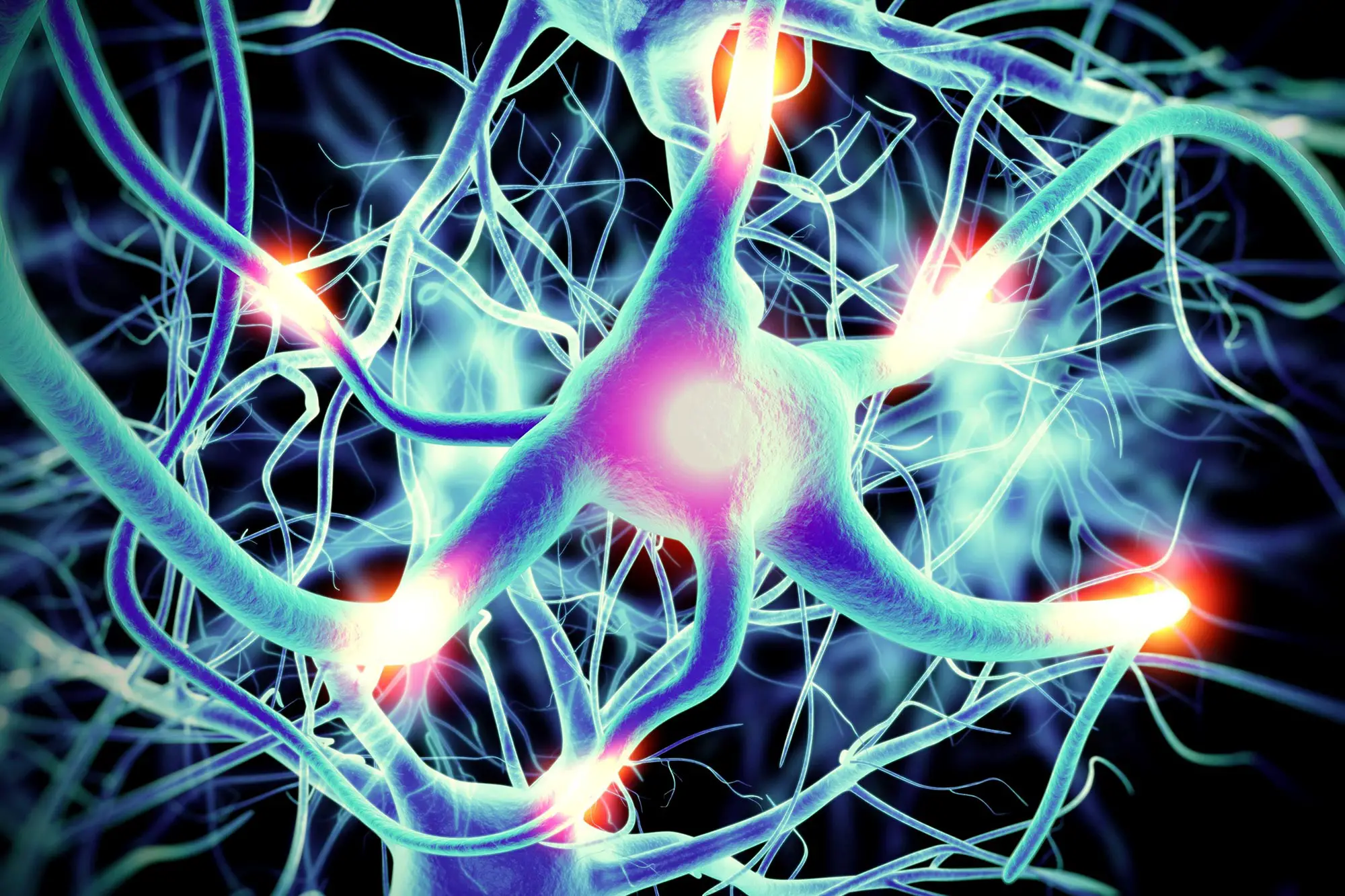Our understanding of the brain and its intricate processes is a constantly evolving field. Recently, researchers have made significant strides in mapping stress neurons in the brain, revealing a novel and fascinating connection to estrogen. This ground-breaking revelation presents a whole new perspective on the stress response system, the role of estrogen in neurobiology, and potentially, the path to innovative therapeutic interventions.
The Neurobiology of Stress: A Complex Puzzle
Stress, an inevitable aspect of life, has profound impacts on our physical and mental health. At the heart of our stress response lies an intricate network of neurons that controls how we react to stressful situations. Until now, the full mapping of these stress neurons has remained elusive, with the complexity of our brain’s circuitry presenting considerable challenges.
In a ground-breaking study, neuroscientists have achieved significant progress in mapping these elusive stress neurons, unraveling new layers of understanding in the neurobiology of stress.
Mapping Stress Neurons: The Crucial Estrogen Connection
Scientists have discovered that stress neurons in the brain demonstrate a significant link to estrogen, a primary female sex hormone also present in smaller amounts in males. This hormone connection appears to play a vital role in modulating the stress response.
The team utilized advanced brain mapping techniques to identify and examine the stress neurons in the brain’s intricate network. What they found was an unexpected interconnection between these neurons and estrogen. Estrogen receptors were found in abundance within the stress neuron population, implying that this hormone might directly influence the stress response.
The Implications of the Estrogen-Stress Neuron Link
This newly uncovered link between estrogen and stress neurons has opened a new avenue in understanding stress responses in different genders. Women have significantly higher estrogen levels than men, which may influence how they respond to stress.
The estrogen-stress neuron link also provides a fresh perspective on how hormonal fluctuations, such as those occurring during a menstrual cycle or menopause, might affect stress responses. This could potentially explain why some women experience increased anxiety or mood disorders during these periods.
Moreover, this discovery could help shape the future of stress and anxiety treatments. By targeting the estrogen receptors within the stress neurons, it might be possible to modulate the stress response and develop more effective therapeutic interventions.
The Future of Stress Neuron Research
The mapping of stress neurons in the brain and their significant connection to estrogen is a landmark achievement in neurology and neuroscience. However, much remains to be discovered. Future research will undoubtedly delve deeper into this complex relationship, opening up new pathways to understanding the impact of hormones on our brain’s response to stress.












